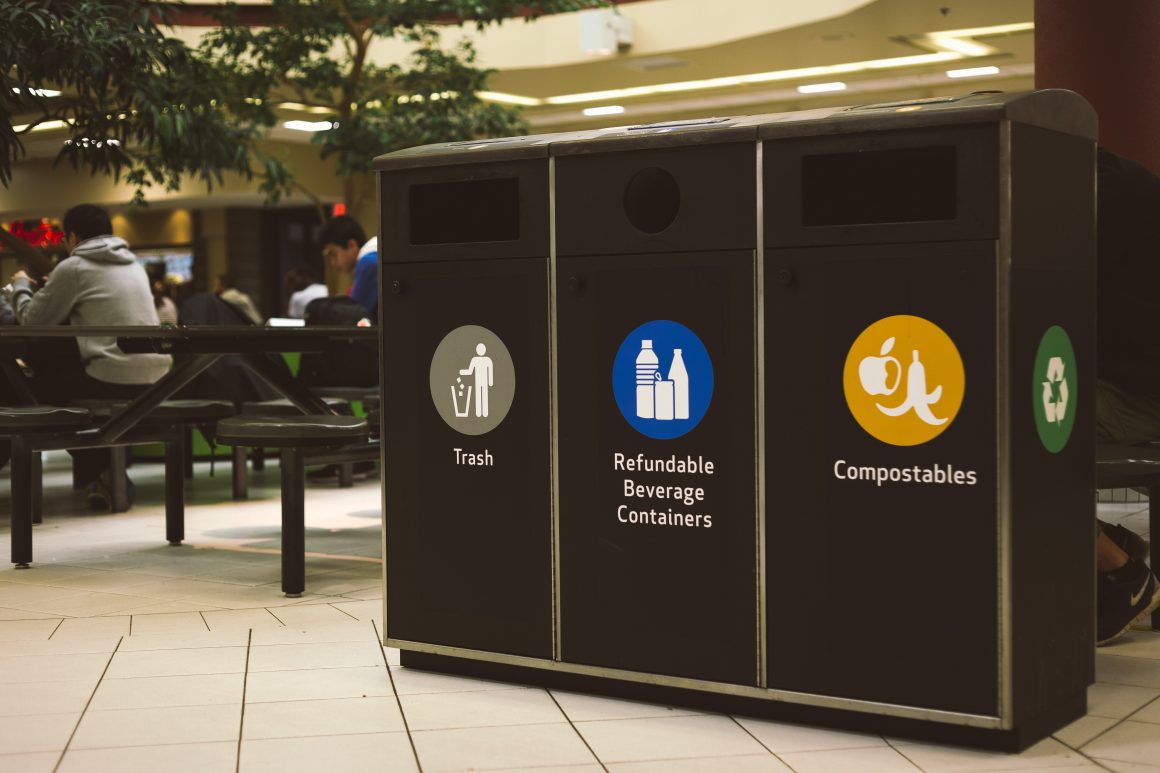
University sustainability plans ignore potential student impact
By Hayley Nguyen, September 20 2016 —
The University of Calgary is pretty active in flaunting its sustainability initiatives.
I was genuinely impressed by how comprehensive the U of C Office of Sustainability’s website looks. I did not know students can actually book a tour to visit “EEEL, one of North America’s most energy-efficient laboratory buildings and Leadership in Energy and Environmental Design Platinum-certified” and “see how rain gardens and a stormwater management pond in the Taylor Family Digital Library Quad are naturally managing and filtering storm water.”
The website also touts new technologies such as the co-generation facility in Cascade Hall that reduces energy loss.
While the university prides itself in obtaining LEED and STARS certificates for its new buildings and research, its initiatives directed at students are rather lackluster.
The Office of Sustainability offers a program called “Sustainable Cities” but it was so poorly promoted you probably haven’t heard of it. Similarly, it says on the website that U of C has “more than 50 sustainability-related clubs,” but only 19 of those clubs listed are still active on campus.
The word “sustainability” is like a magic charm to make the university administration feel good, but we need to see through that veneer.
Instead of relying on administration to engage students, there are things we can do to immediately lower our carbon footprint.
For example, you can categorize your trash. This might be common sense to some, but not everyone knows why we have three separate trash bins in MacHall. Sorting material is important to ensure only collected materials can be recycled. The simple act of separating your carton food packaging from the food scraps can go a long way. A campaign to educate people on sorting out recyclable materials would be a valuable one.
Something can also be done about plastic cutlery. Several vendors including Good Earth and the Dining Centre use corn-based utensils touted as an alternative to petroleum-based plastics. But the problem is they only compost at the compost facility, which they hardly arrive at because few sort them into the correct bin. What we can do is to only take what we need and not grab another fork just because you accidentally dropped it on the floor. Or, maybe just bring lunch with your own spoons and forks and don’t waste money on over-priced campus food.
You should also bring your own water bottle — and don’t lose it. Working at the Information Centre/Lost and Found, I feel exhausted looking at the collection of lost bottles that no one comes back to claim. Bringing your bottle to school is good, but it defies logic if you lose it and just get a new one afterward.
There are small and manageable actions we on an individual level can take to combat climate change. Nothing is going to change unless we do something.
Our university administration needs to focus more on including students in their “sustainability” goals instead of focusing on obscure green certificates. But in the meantime that doesn’t mean we can’t start saving the planet on our own.
